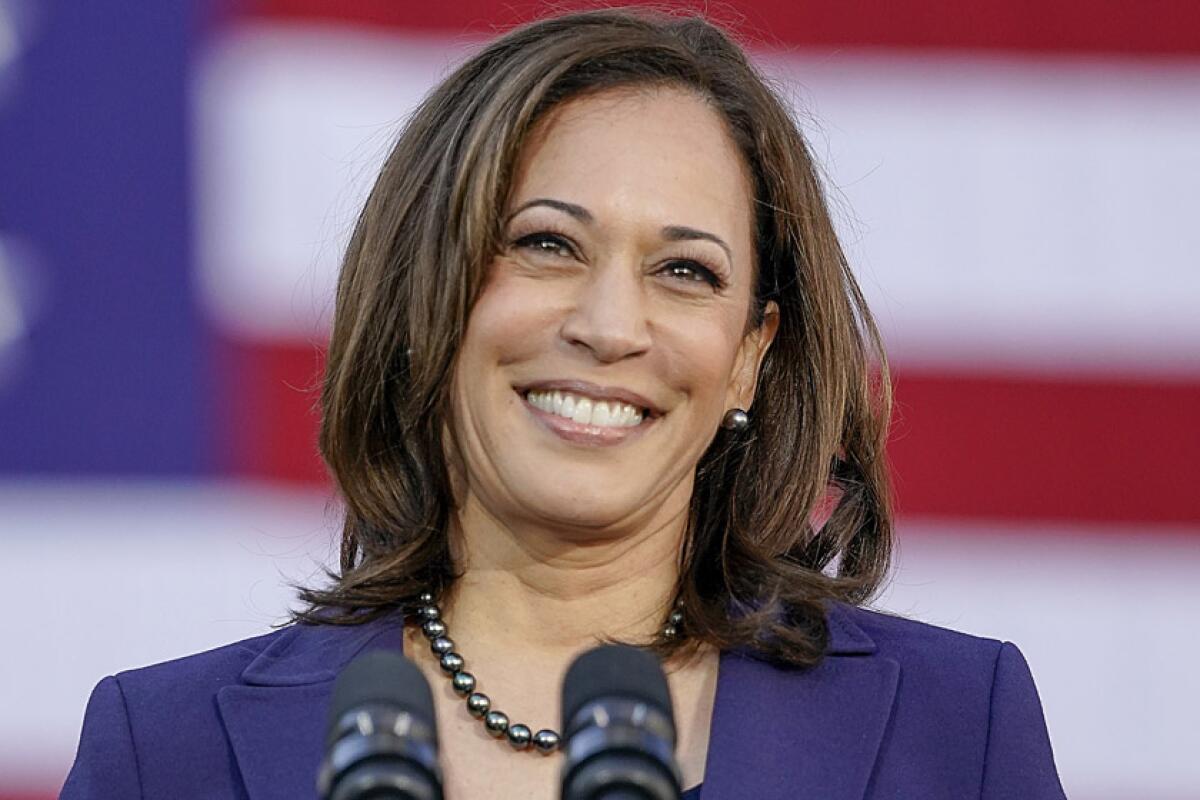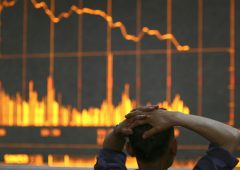Kamala Harris’s Policies Will Harm the Middle Class, According to Forbes Editor-in-Chief
26.07.2024 11:30 1 min. read Alexander Stefanov
Steve Forbes, a prominent American executive and publisher, has criticized Kamala Harris's policies, claiming they would adversely affect the middle class.
According to Forbes, Harris’s approach, including significant increases in government spending, could lead to financial strain on the middle class. He highlighted that initiatives such as Medicare for All and the Green New Deal could potentially add up to around $10 trillion in costs annually.
In a recent interview with Fox Business, Forbes expressed concerns about Harris’s policy proposals, including her plans to ban fracking, which he argues could lead to higher energy prices and economic downturns.
Forbes also warned that Harris’s proposed tax hikes and expanded government spending could exacerbate issues within the healthcare system, leading to longer wait times and reduced access to care.
Despite these criticisms, Kamala Harris remains steadfast in her commitment to strengthening the middle class. She has emphasized that her policies are designed to bolster this demographic, asserting that a strong middle class is essential for a robust America.
Additionally, some commentators have pointed to President Biden’s policies as detrimental to the middle class, while crypto advocates argue that pro-crypto policies could enhance financial inclusion, offering a counterpoint to the administration’s stance on digital currencies.
-
1
Russia’s Oil Revenues Strained as Exports Decline Again
24.06.2025 18:00 2 min. read -
2
Recession Fears Linger as Economic Signal Flashes Long-Term Warning
25.06.2025 9:00 2 min. read -
3
Robert Kiyosaki Predicts When The Price of Silver Will Explode
28.06.2025 16:30 2 min. read -
4
Trump Targets Powell as Fed Holds Rates: Who Could Replace Him?
27.06.2025 9:00 2 min. read -
5
U.S. PCE Inflation Rises for First Time Since February, Fed Rate Cut Likely Delayed
27.06.2025 18:00 1 min. read
U.S. Announces Sweeping New Tariffs on 30+ Countries
The United States has rolled out a broad set of new import tariffs this week, targeting over 30 countries and economic blocs in a sharp escalation of its trade protection measures, according to list from WatcherGuru.
Key U.S. Economic Events to Watch Next Week
After a week of record-setting gains in U.S. markets, investors are shifting focus to a quieter yet crucial stretch of macroeconomic developments.
Robert Kiyosaki Predicts When The Price of Silver Will Explode
Robert Kiyosaki, author of Rich Dad Poor Dad, has issued a bold prediction on silver, calling it the “best asymmetric buy” currently available.
U.S. PCE Inflation Rises for First Time Since February, Fed Rate Cut Likely Delayed
Fresh data on Personal Consumption Expenditures (PCE) — the Federal Reserve’s preferred inflation gauge — shows inflation ticked higher in May, potentially delaying the long-awaited Fed rate cut into September or later.
-
1
Russia’s Oil Revenues Strained as Exports Decline Again
24.06.2025 18:00 2 min. read -
2
Recession Fears Linger as Economic Signal Flashes Long-Term Warning
25.06.2025 9:00 2 min. read -
3
Robert Kiyosaki Predicts When The Price of Silver Will Explode
28.06.2025 16:30 2 min. read -
4
Trump Targets Powell as Fed Holds Rates: Who Could Replace Him?
27.06.2025 9:00 2 min. read -
5
U.S. PCE Inflation Rises for First Time Since February, Fed Rate Cut Likely Delayed
27.06.2025 18:00 1 min. read


